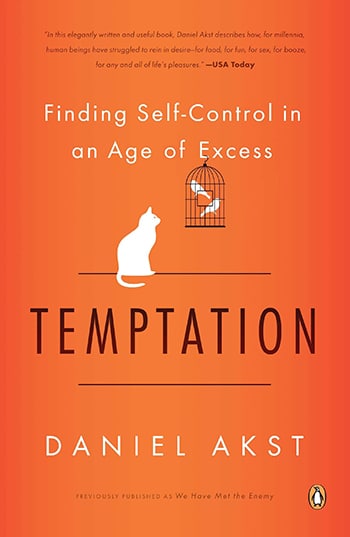Exclusive Dr. Hyman+ Functional Medicine Deep Dive: Polycystic Ovarian Syndrome (PCOS)

Hey podcast community, Dr. Mark here. My team and I are so excited to offer you a 7 Day Free trial of the Dr. Hyman+ subscription for Apple Podcast. For 7 days, you get access to all this and more entirely for free! It's so easy to sign up. Just go click the Try Free button on the Doctor’s Farmacy Podcast page in Apple Podcast.
In this teaser episode, you’ll hear a preview of our latest Dr. Hyman+ Functional Medicine Deep Dive on polycystic ovarian syndrome (PCOS) with Dr. Carrie Jones.
Want to hear the full episode? Subscribe now. With your 7 day free trial to Apple Podcast, you’ll gain access to audio versions of:
- Ad-Free Doctor’s Farmacy Podcast episodes
- Exclusive monthly Functional Medicine Deep Dives
- Monthly Ask Mark Anything Episodes
- Bonus audio content exclusive to Dr. Hyman+
Trying to decide if the Dr. Hyman+ subscription for Apple Podcast is right for you? Email my team at plus@drhyman.com with any questions you have.
Please note, Dr. Hyman+ subscription for Apple Podcast only includes Dr. Hyman+ in audio content.
Hosted on Acast. See acast.com/privacy for more information.


